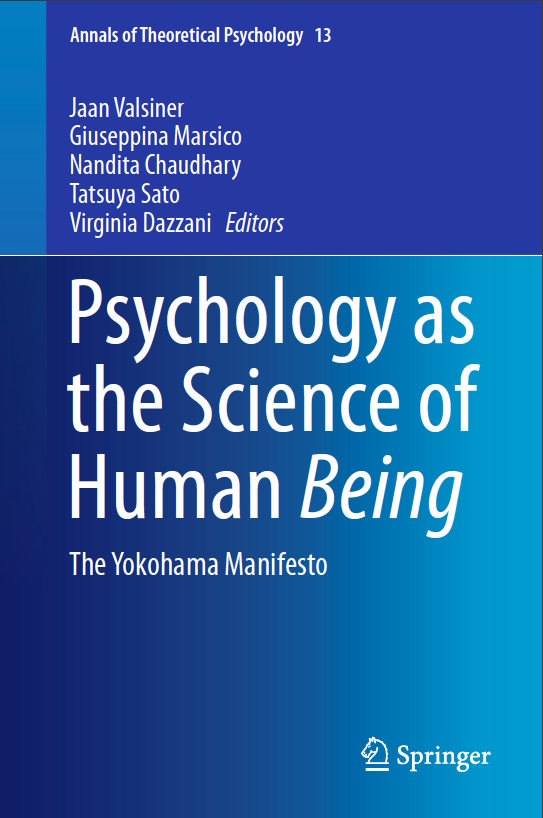Reflecting on the title of the book, Psychology as the Science of Human Being: The Yokohama Manifesto, it occurred to me that we can read the title in two different ways. First, psychology can be, and should be, a science that is responsive to human beings, to the messiness and ambiguities of our reality. According to this first meaning, we should be mindful that the target of psychological science, and practice it in a way that is appropriate to its target.

Second, psychology can be, and should be, a science for human being (for being human). That is, psychological inquiry should challenge and change the person, i.e., the psychologist, who is pursuing psychological inquiry. According to this second meaning, we should be mindful of the role of psychological science in the development of the character of psychologists (sensitivities, habits of attention, and modes of participation), which is to say we should regard psychology as a branch of virtue ethics.
How does this work? By paying attention to psychological phenomena, a psychologist becomes mindful of possibilities. By becoming more mindful of possibilities, the psychologist can practice appropriate participation with the aim of bringing about desirable possibilities.
Let’s use an example. By paying close attention to how we interpret each other in communication, a psychologist can become more sensitive to the possibilities in communication. What possibilities? Errors, discoveries, insights, creativity, exaggerations, neglect, bad faith, charity, prejudice, open-mindedness, so on and so forth. With regard to the aims of communication–of building a beautiful, shared, and inclusive human world together–we would notice that some of these possibilities are desirable and others are undesirable. By being mindful and sensitive to possibilities, by practicing appropriate modes of participation in different situations of communication, psychologist–with all of their flaws and shortcomings–can at least enter a path that is oriented toward a virtuous character.
What better aim for psychologists than discovering and practicing a more responsible way of being who/what we are?